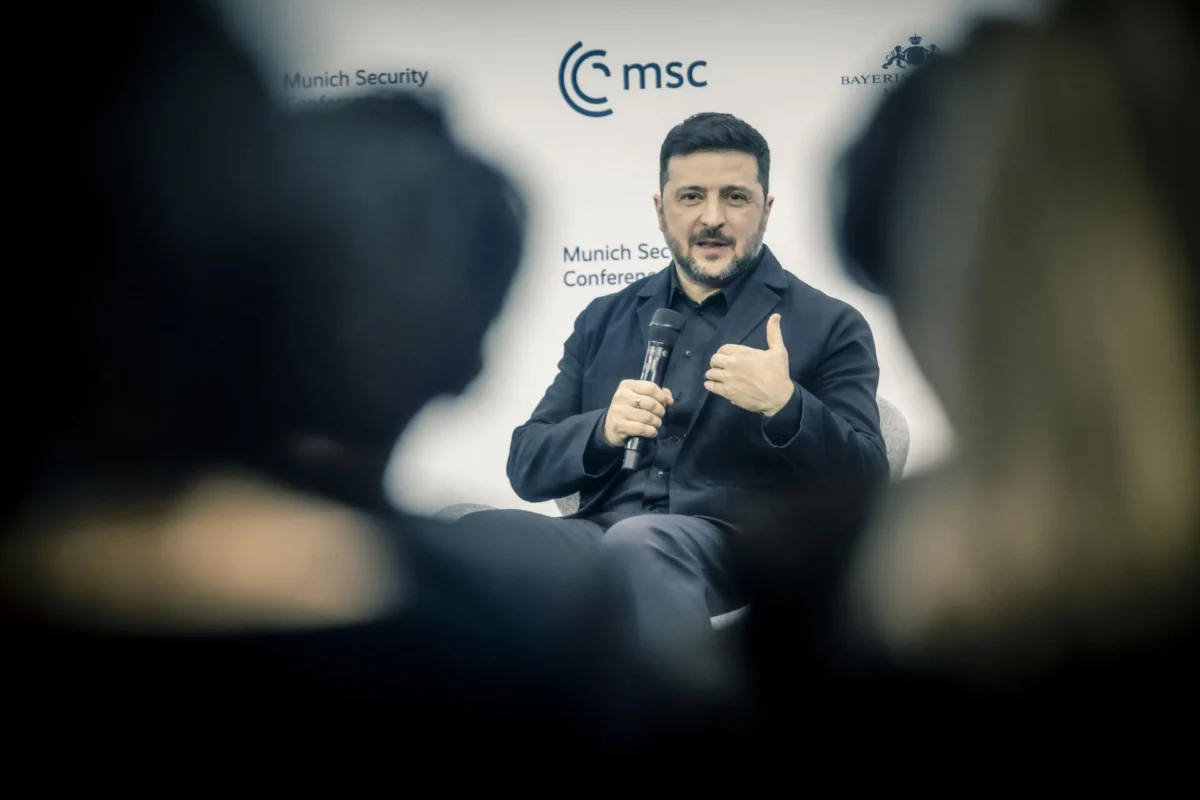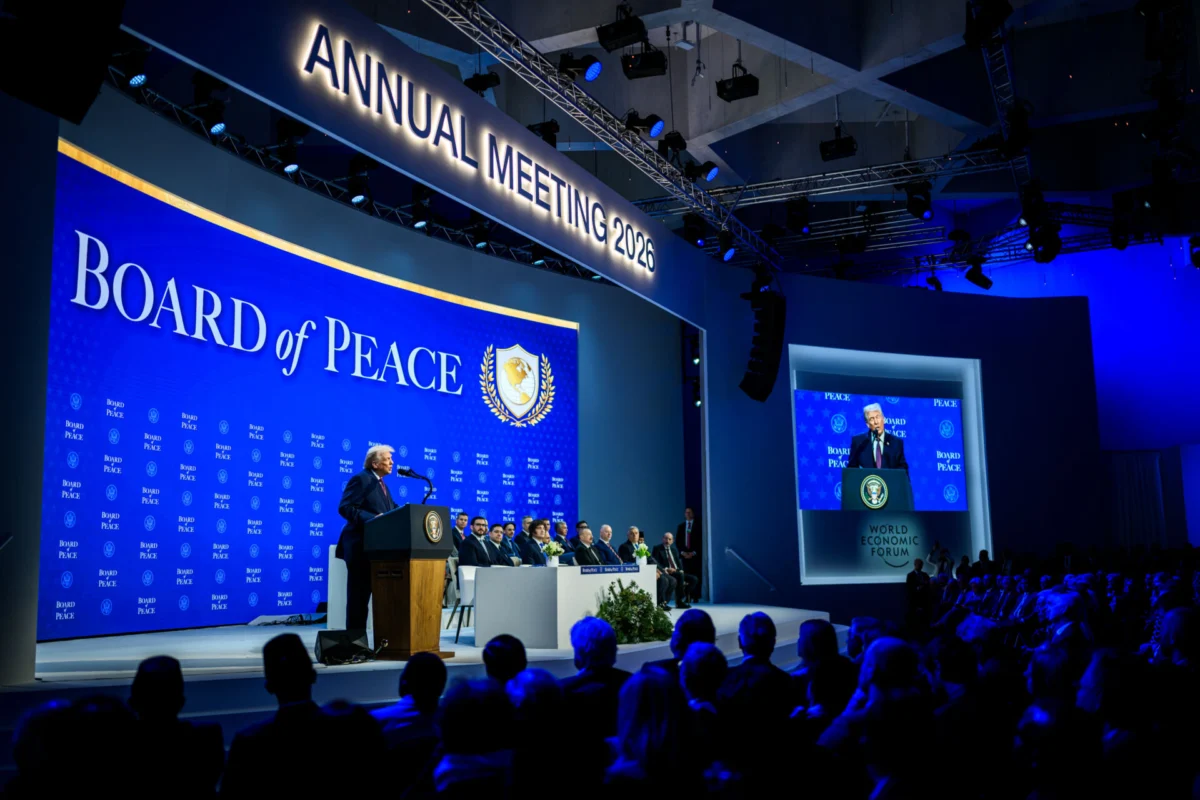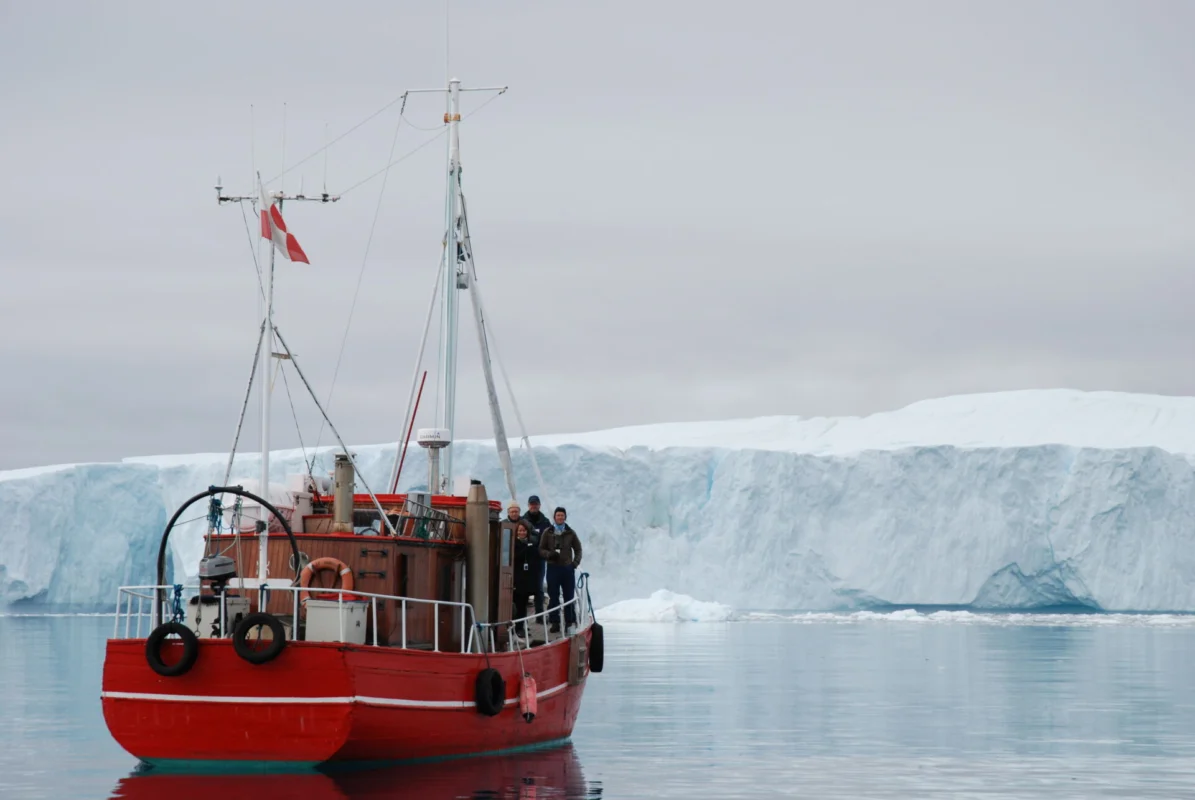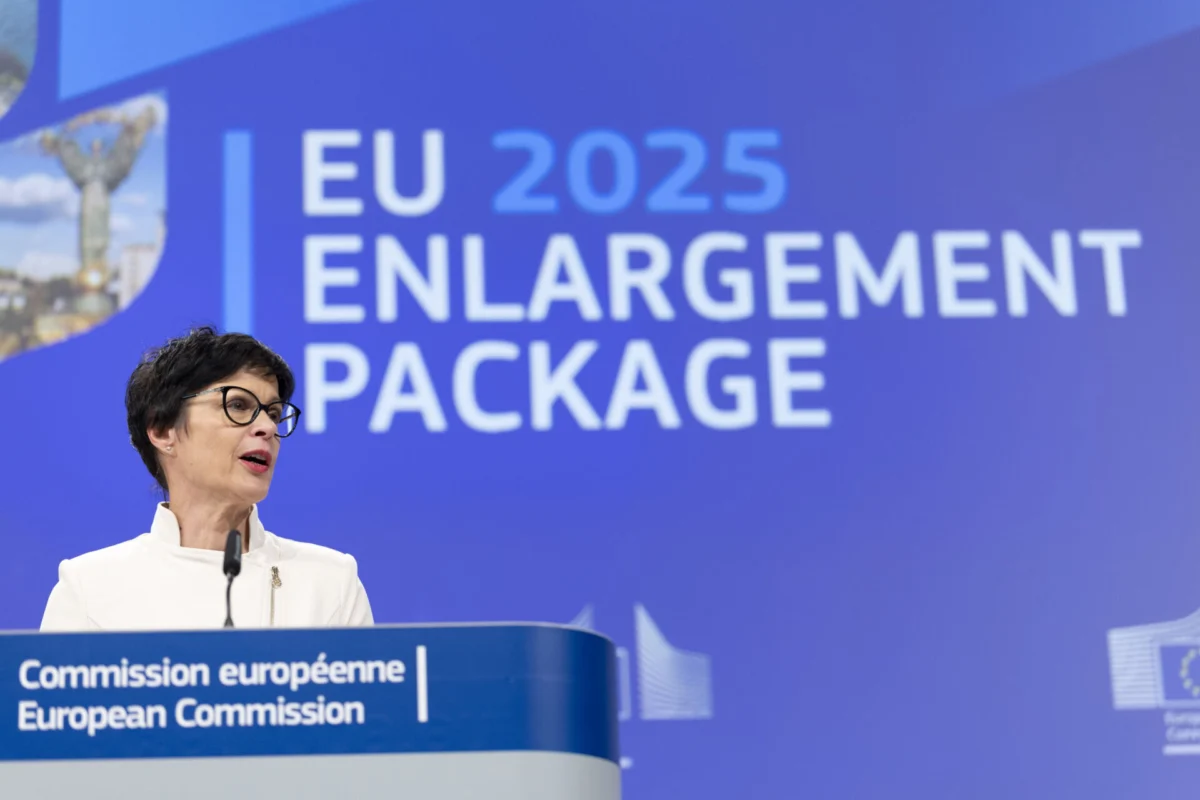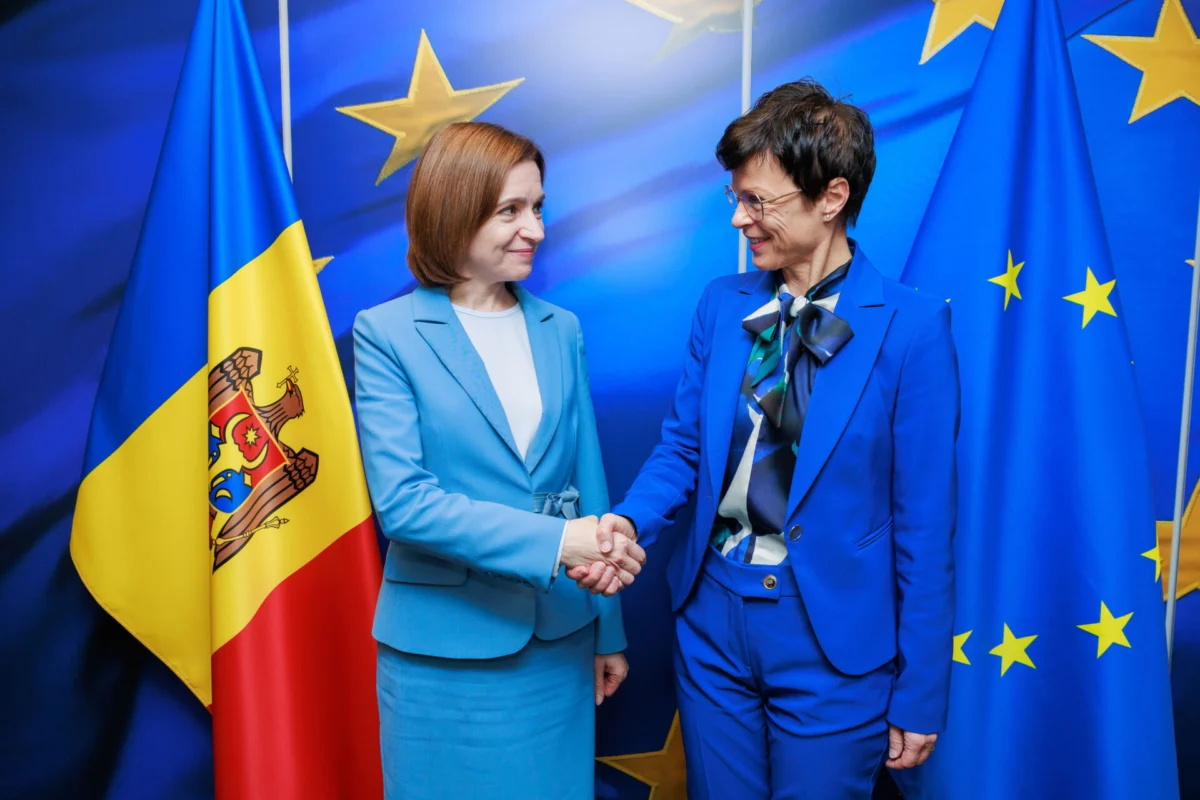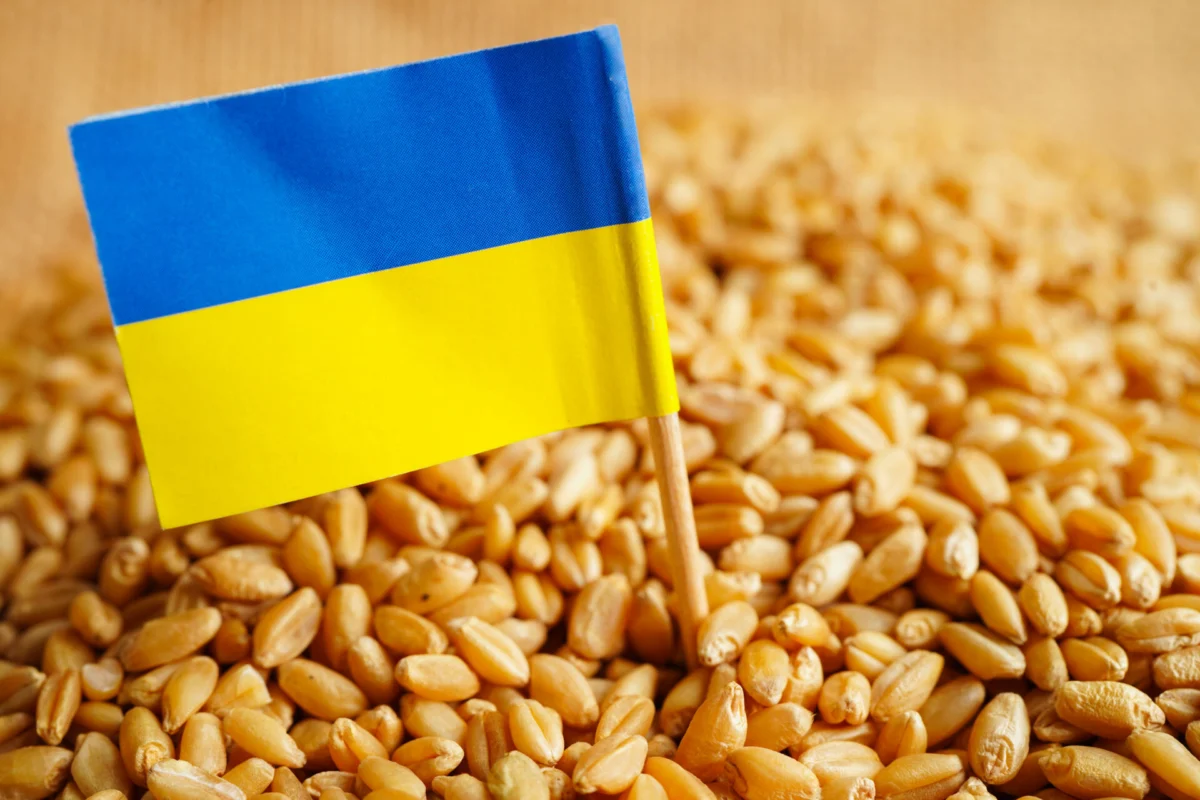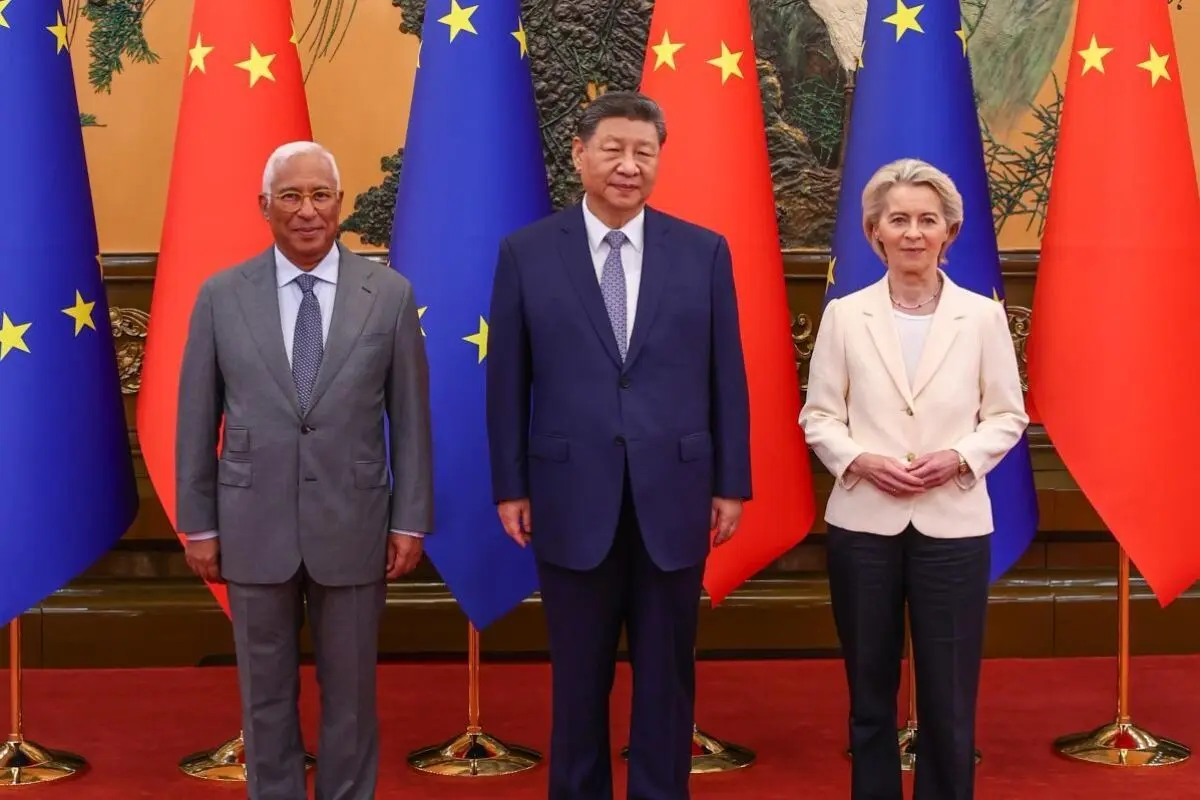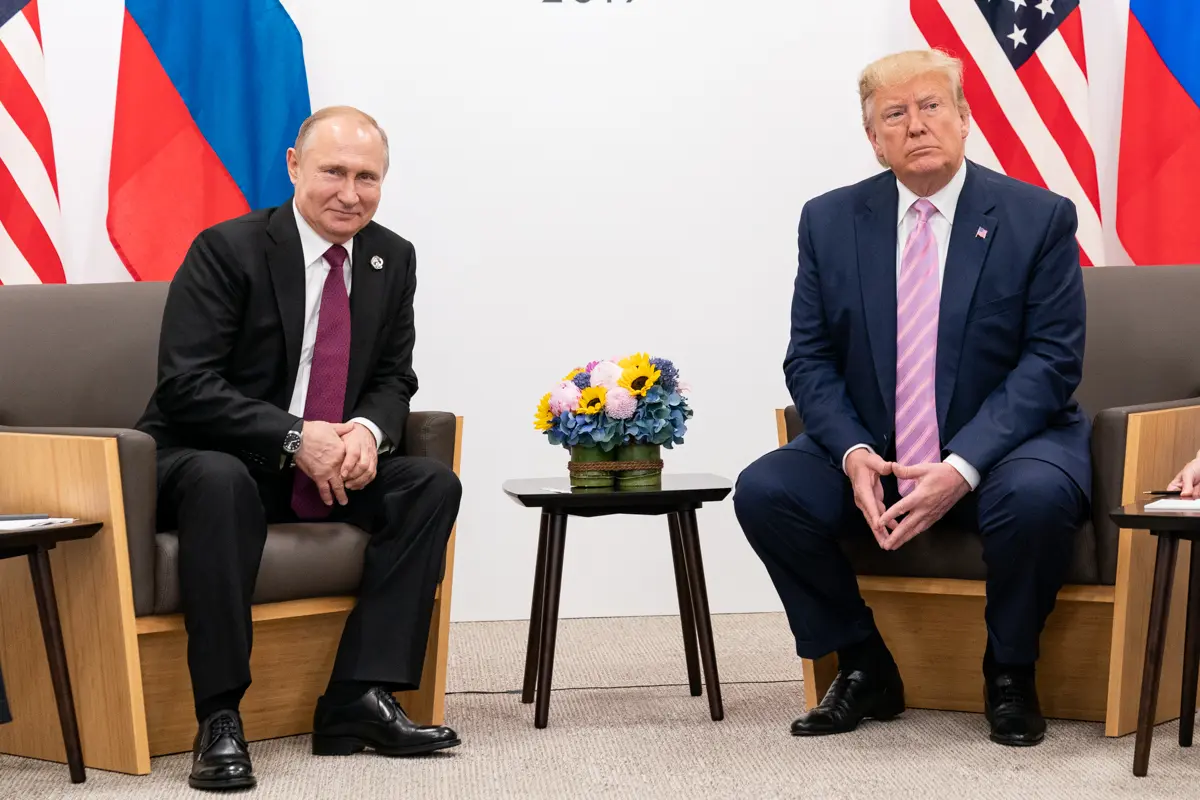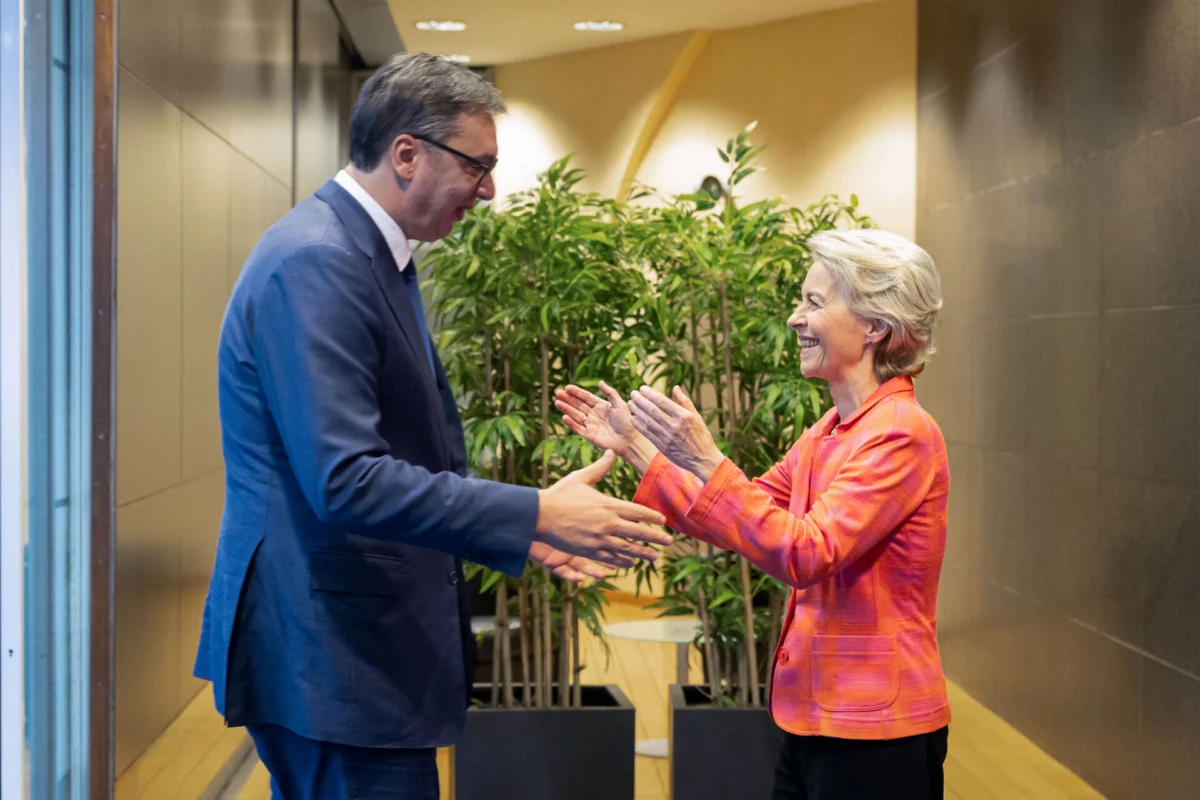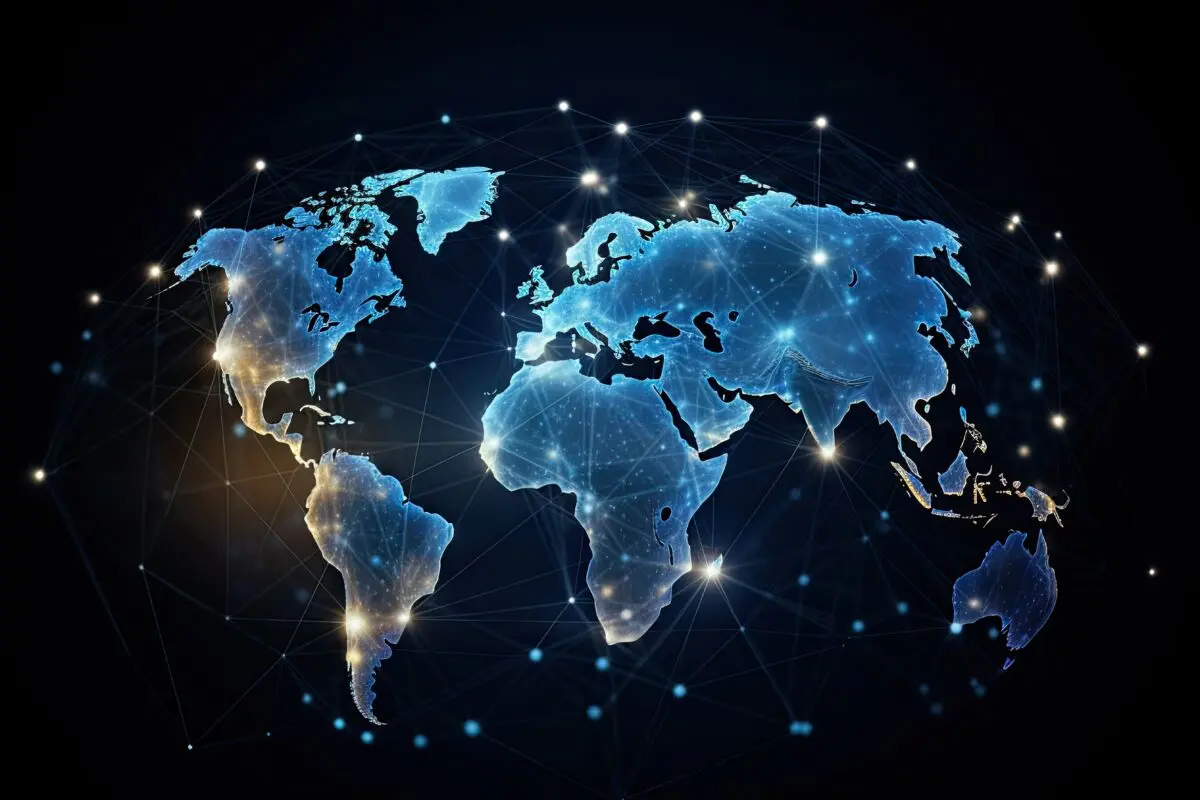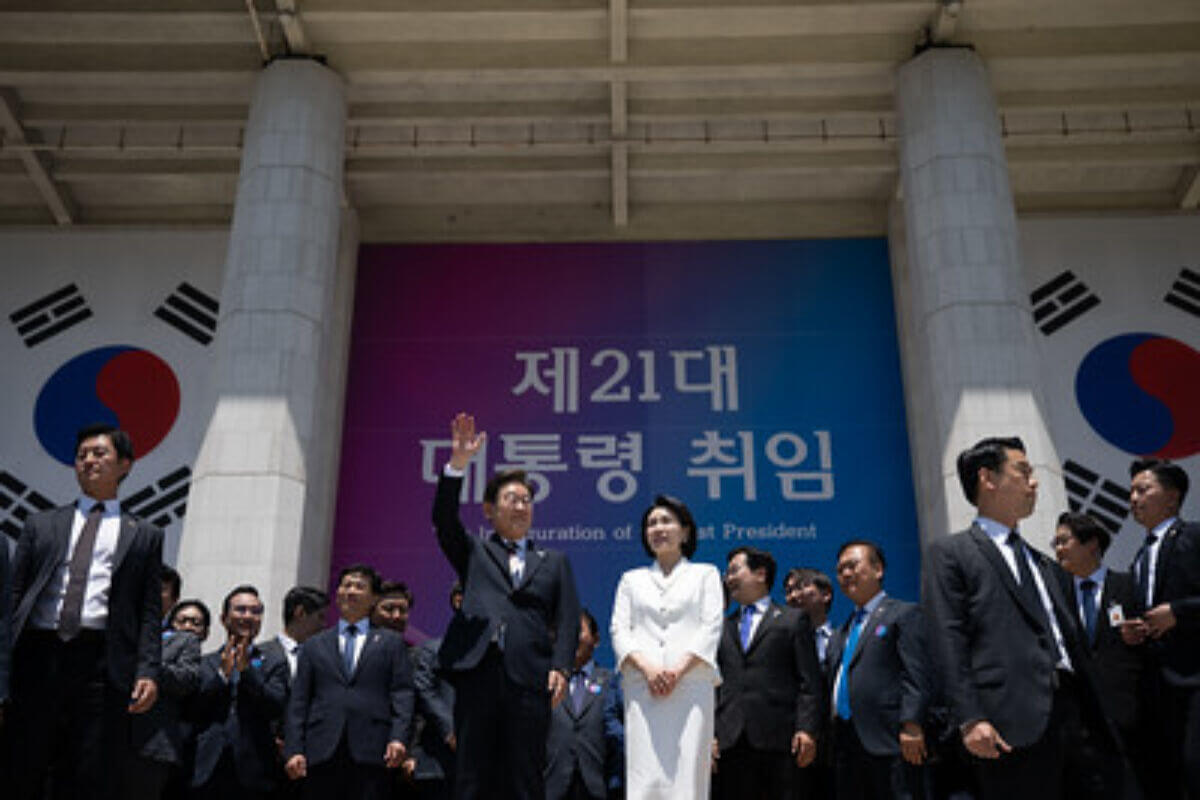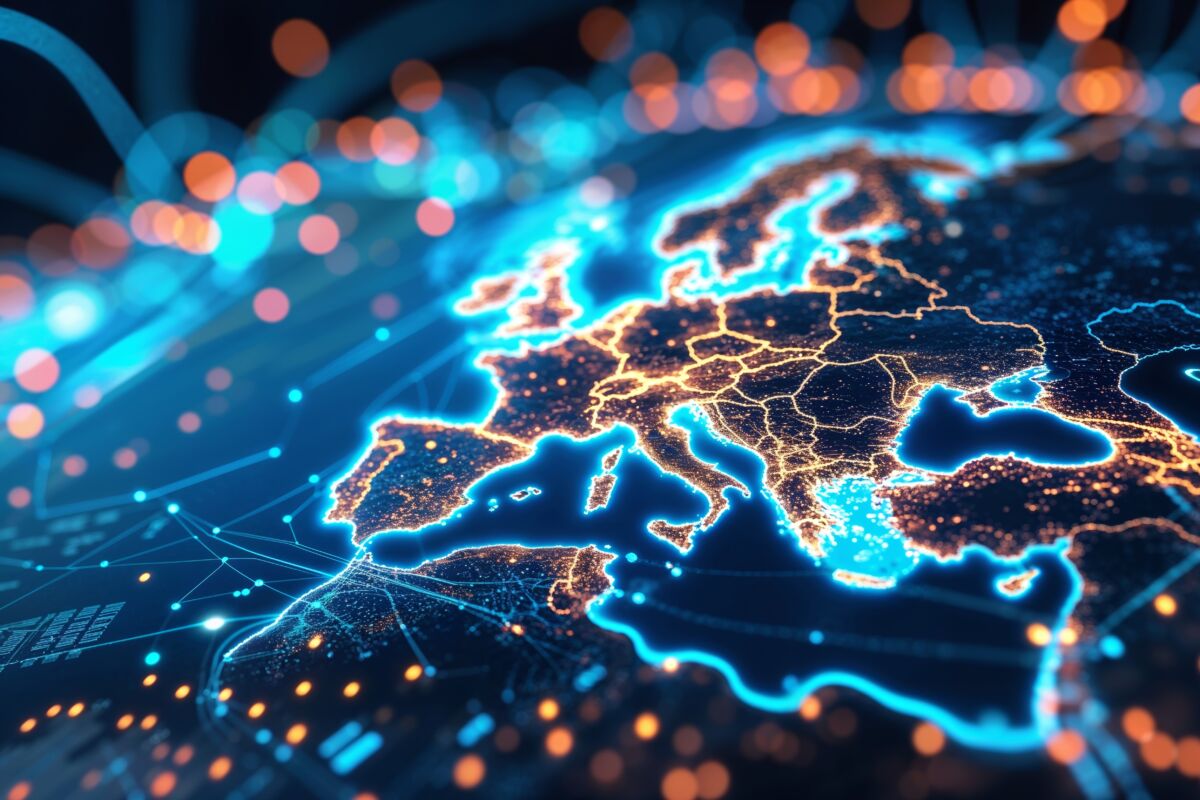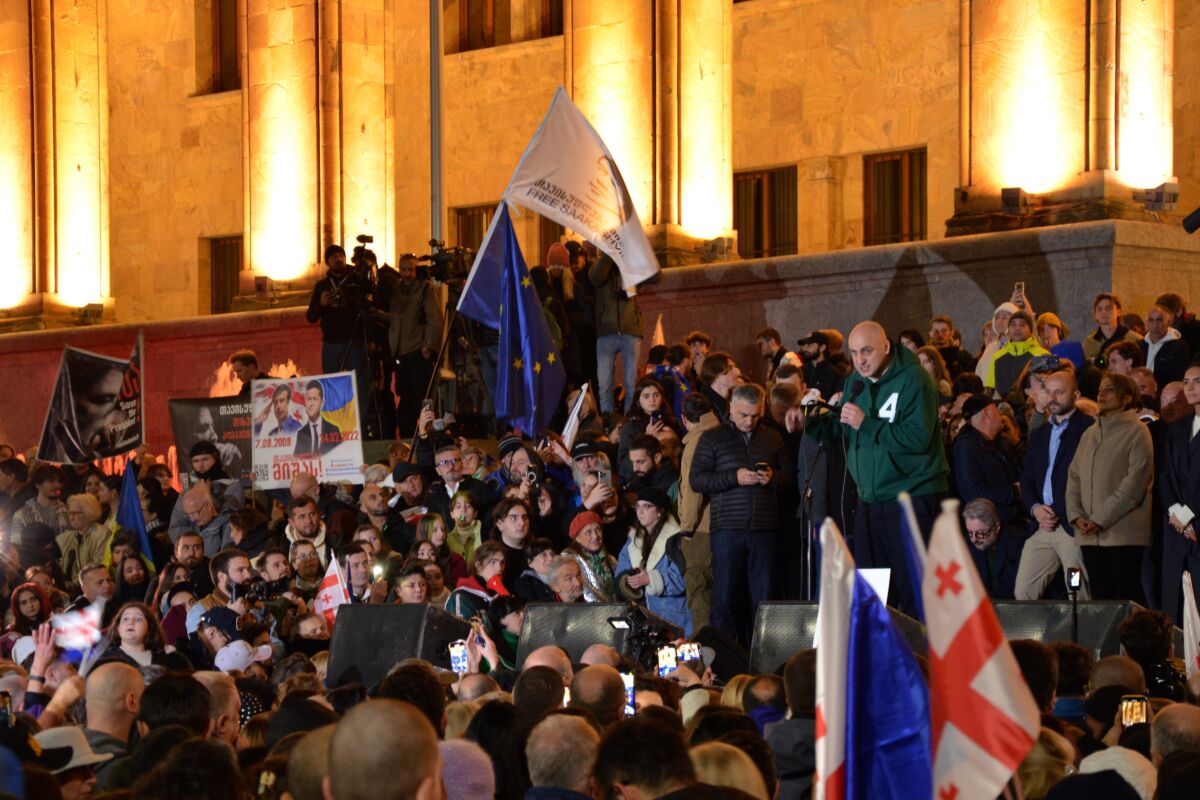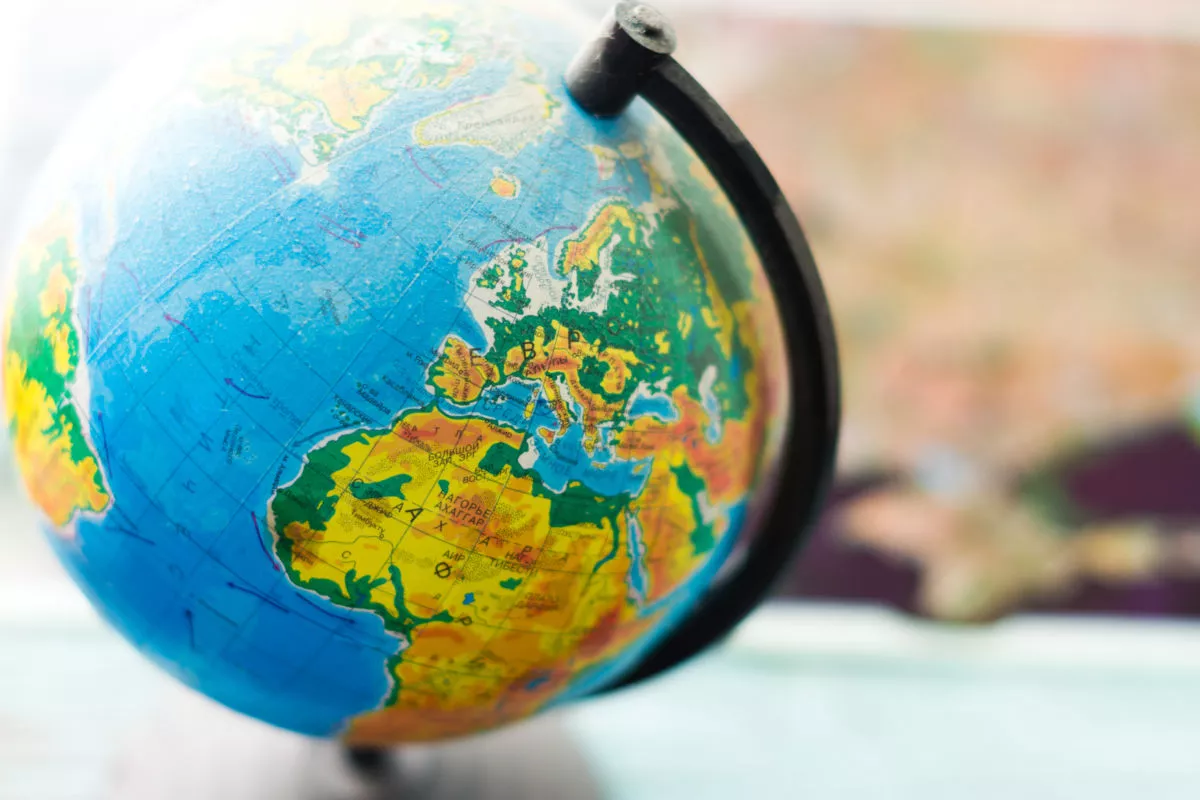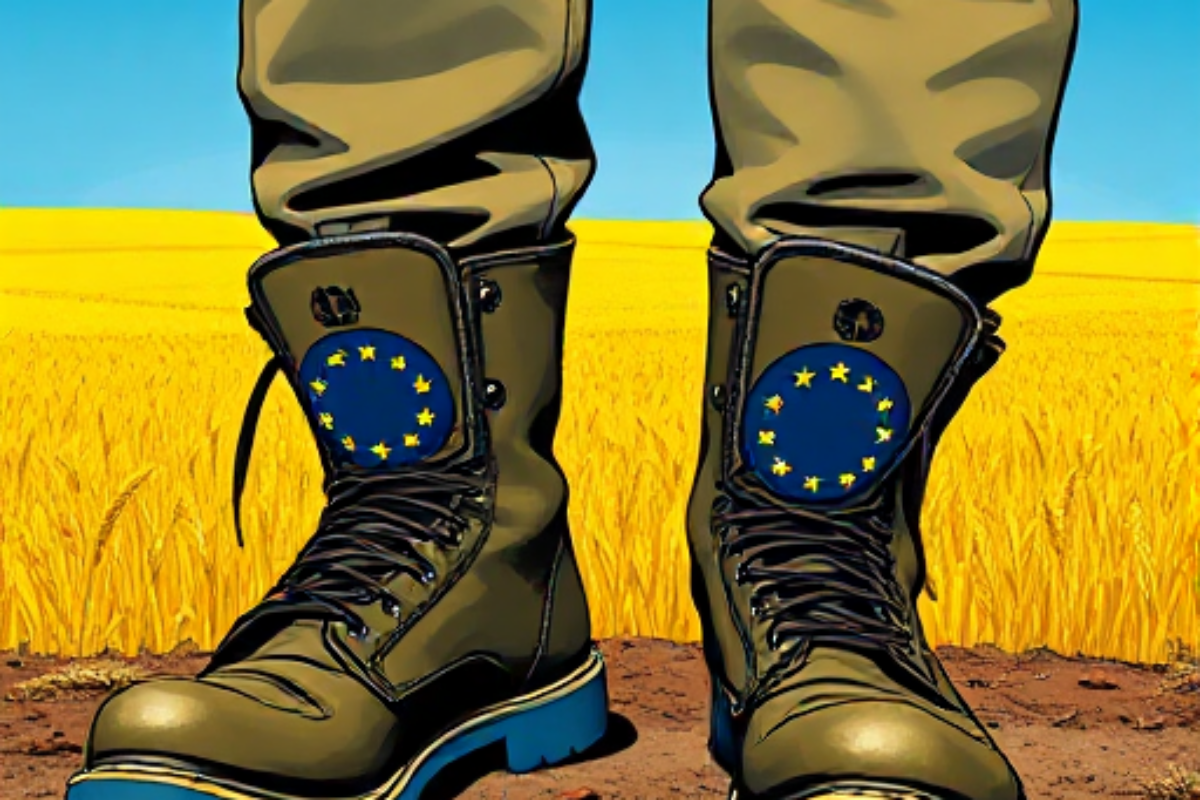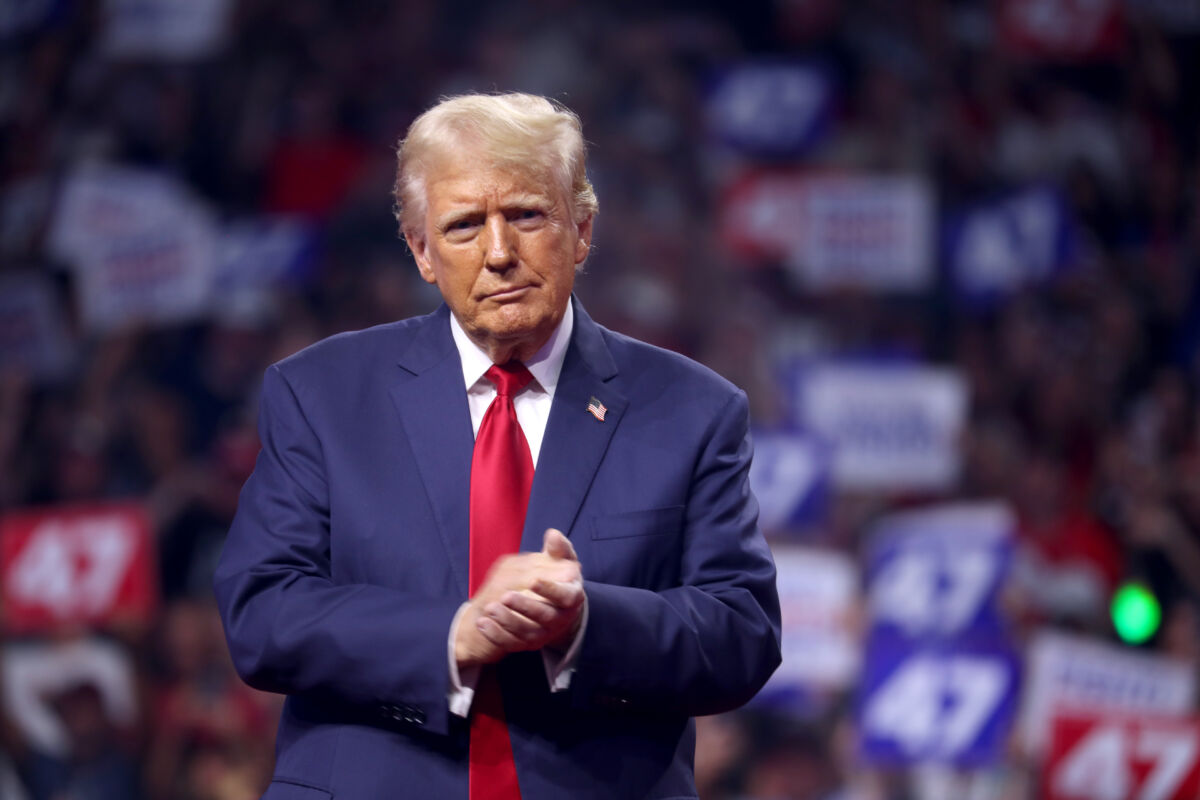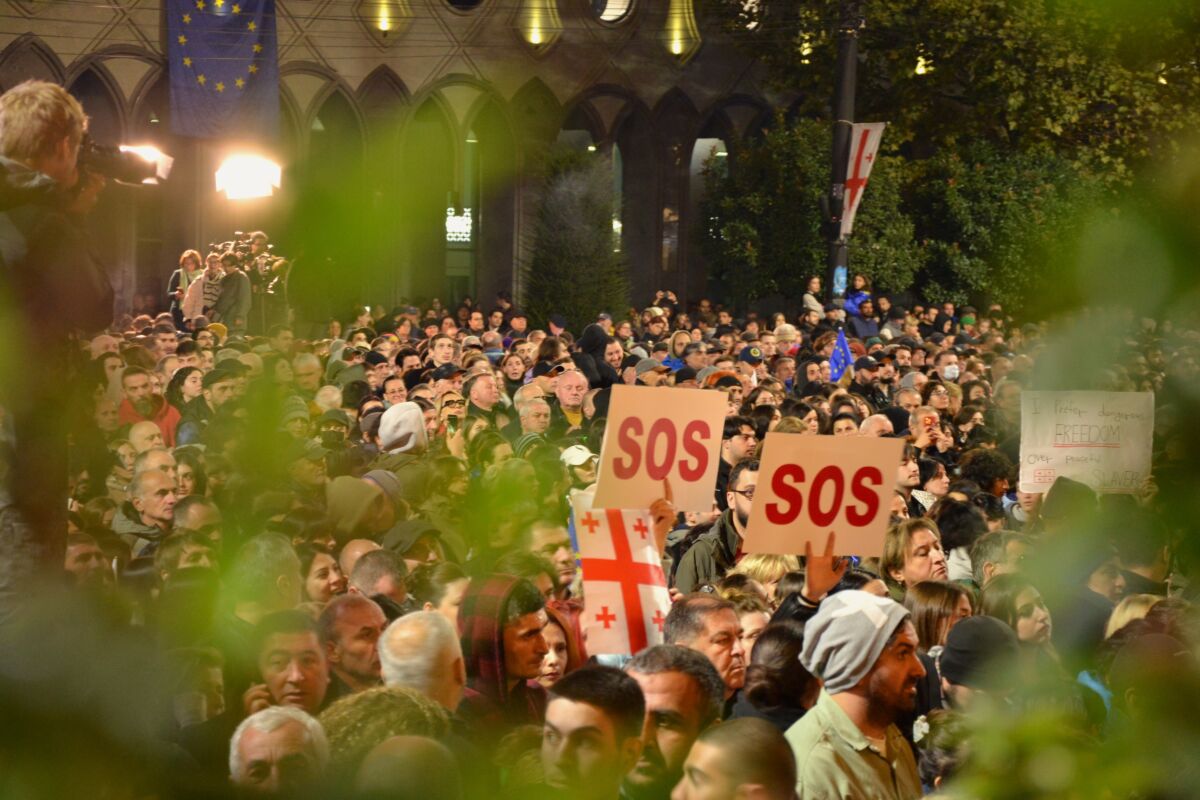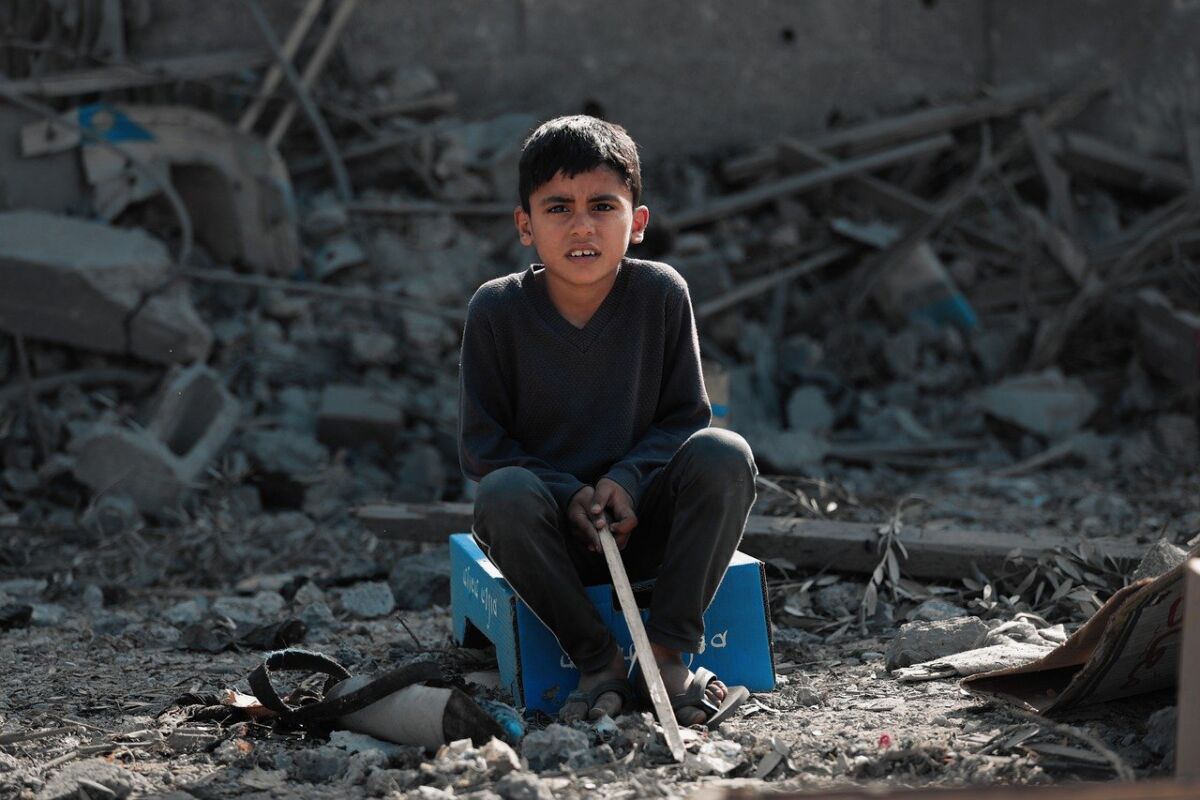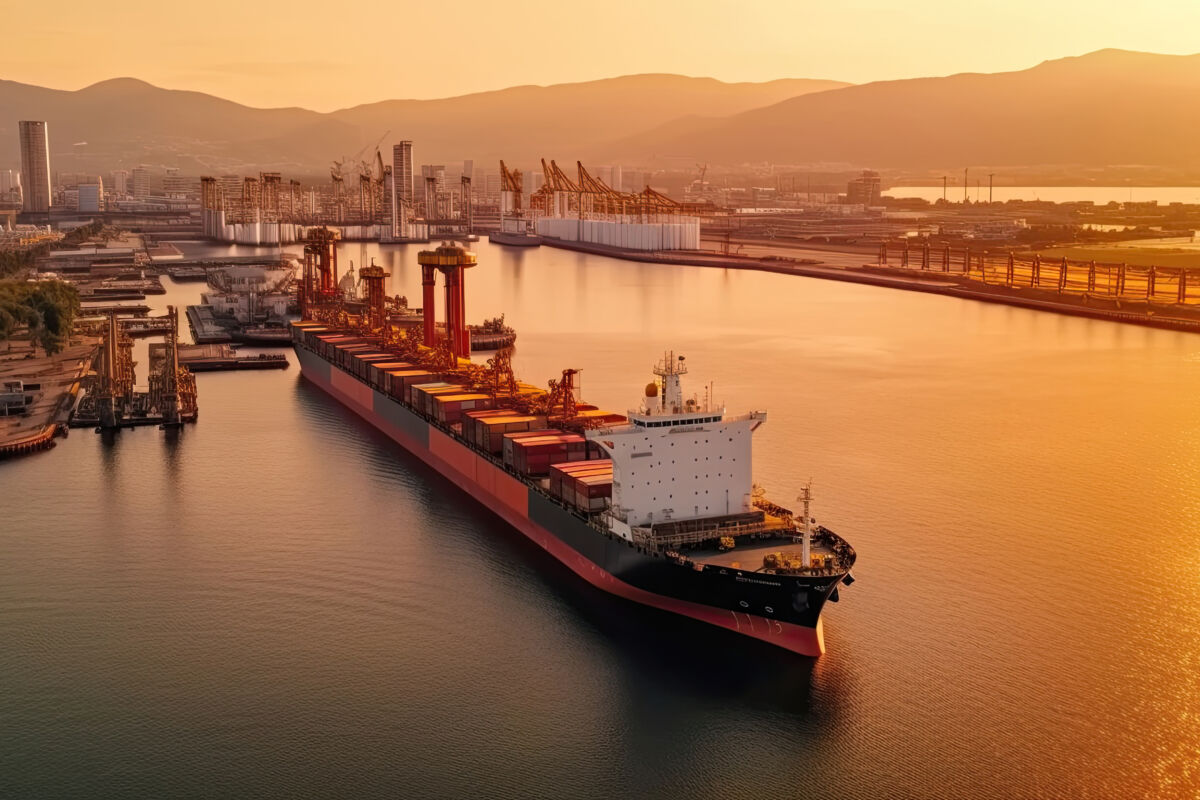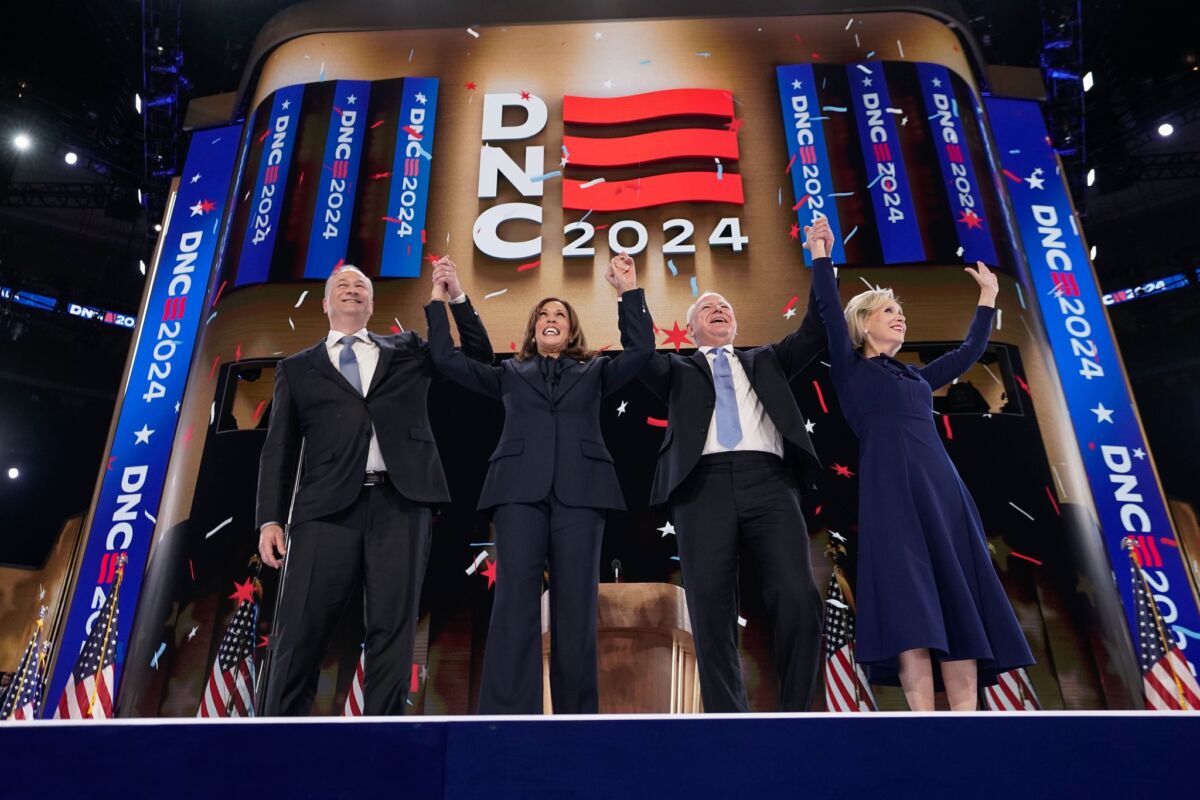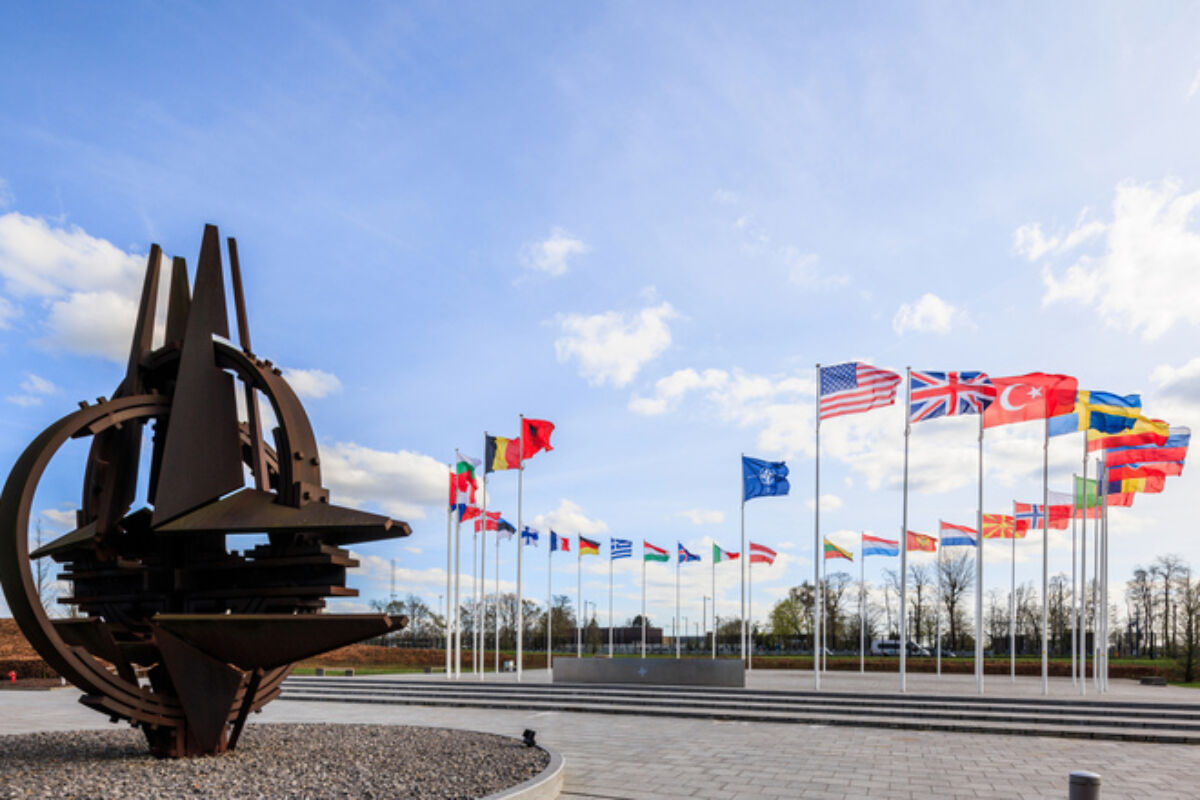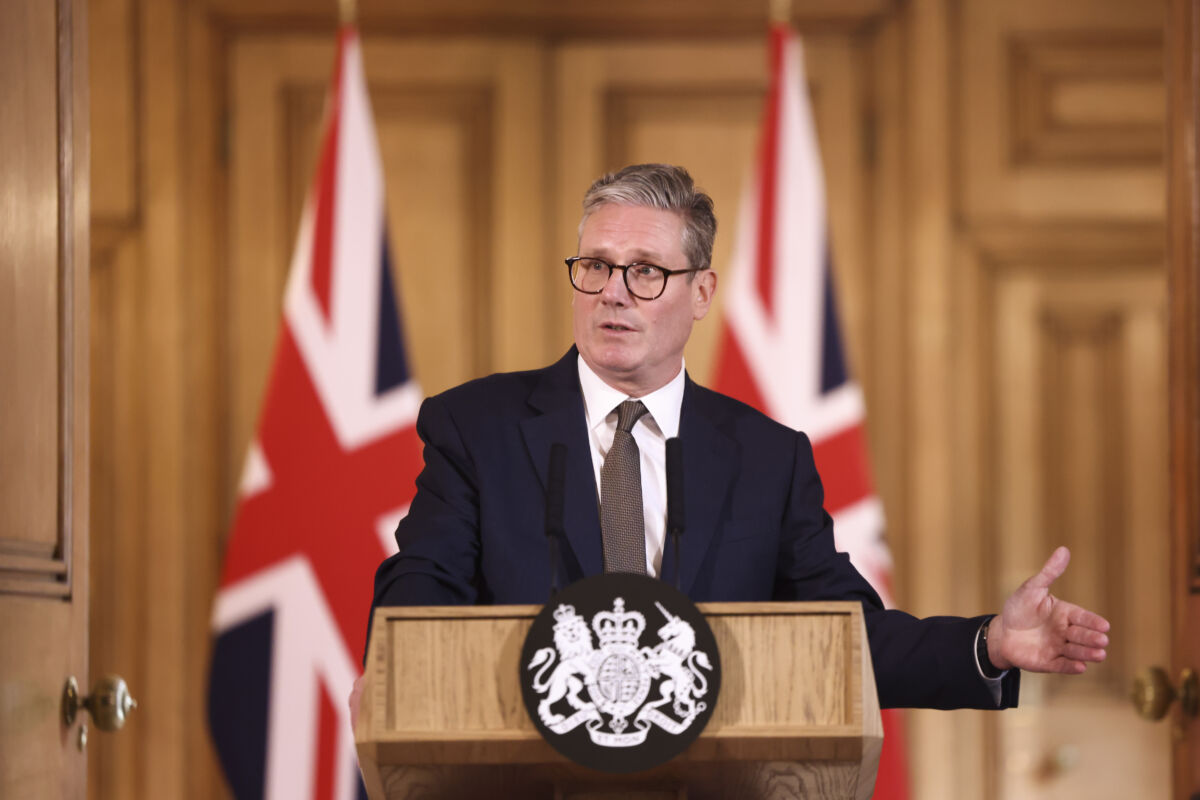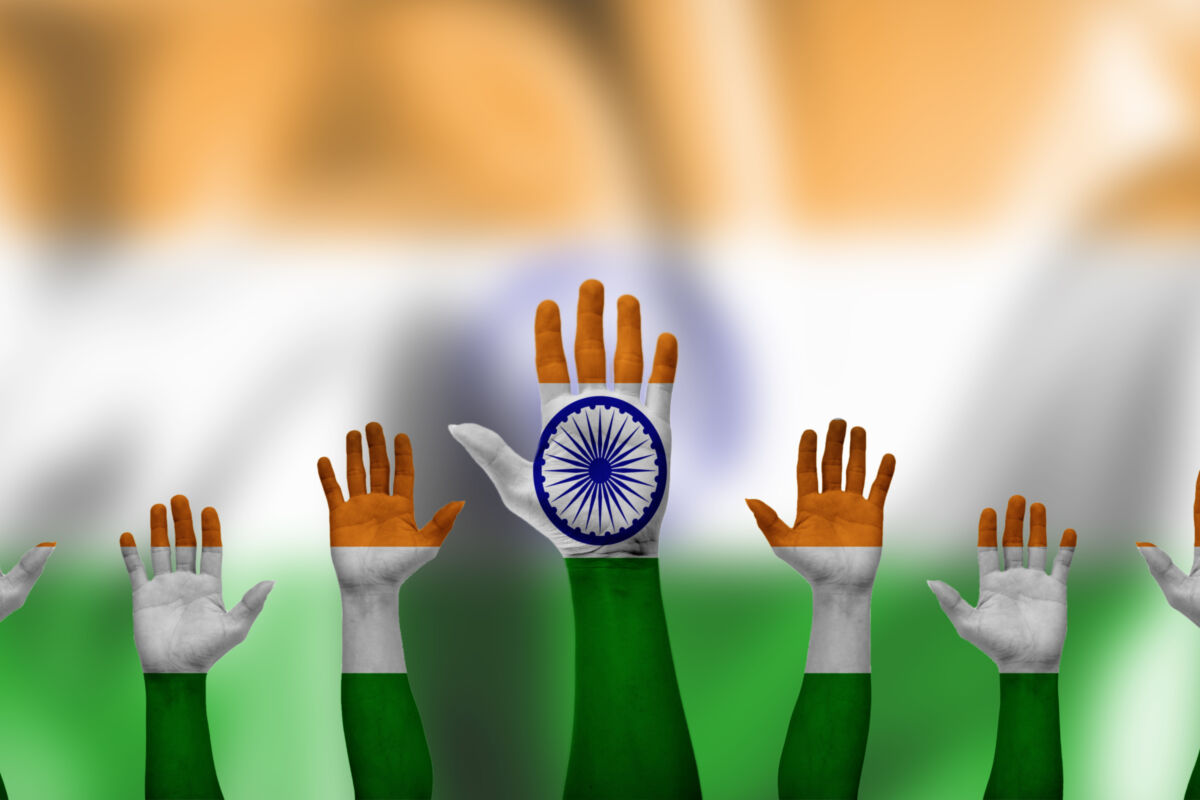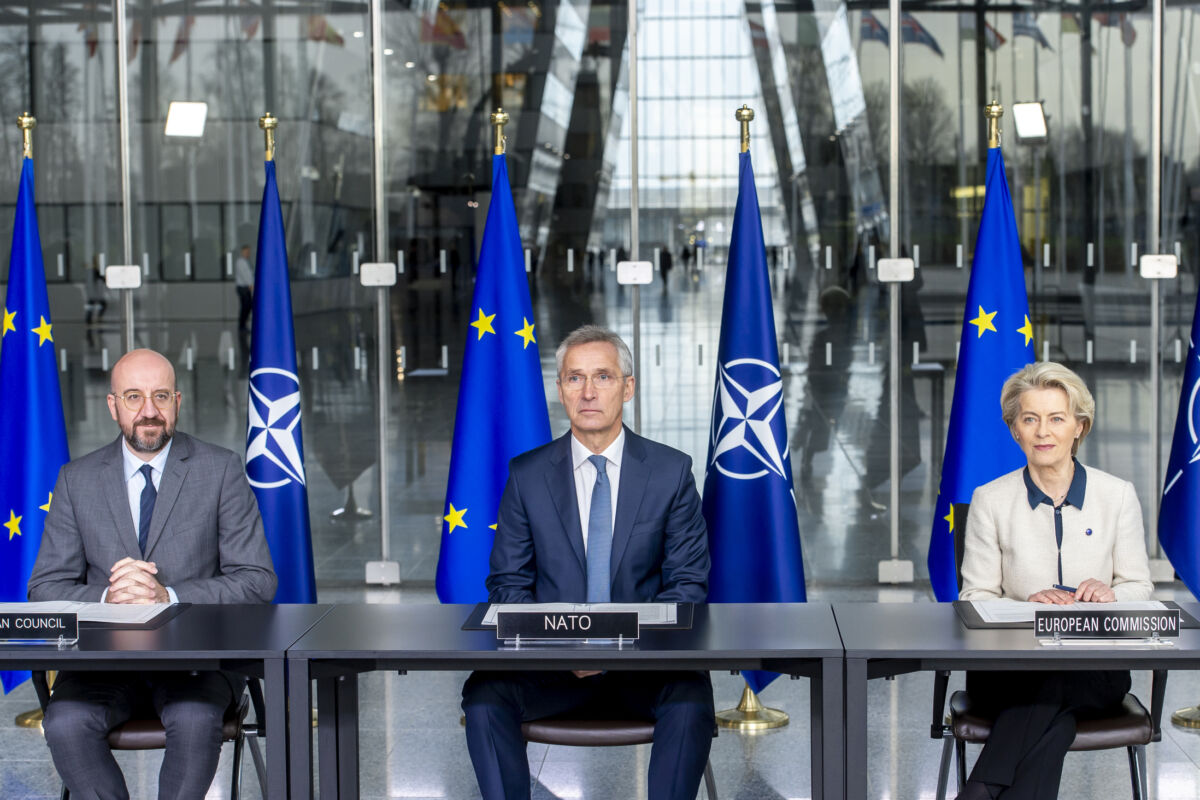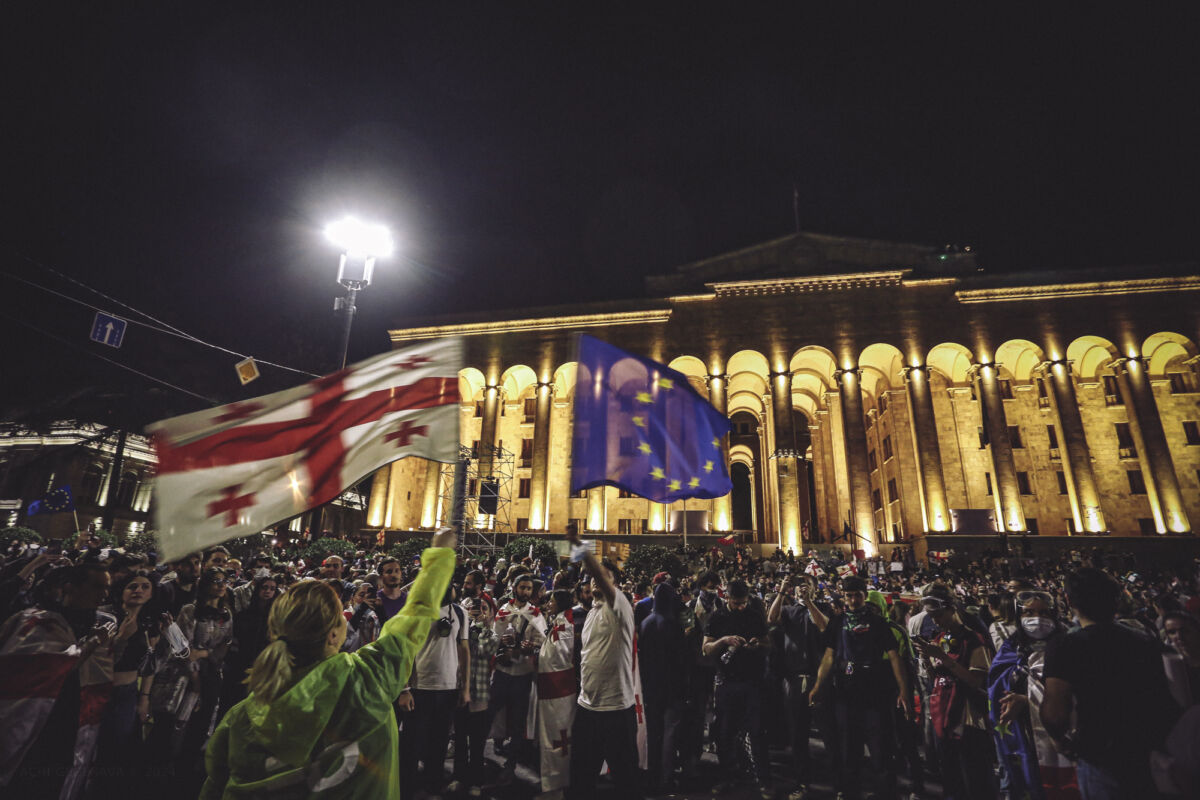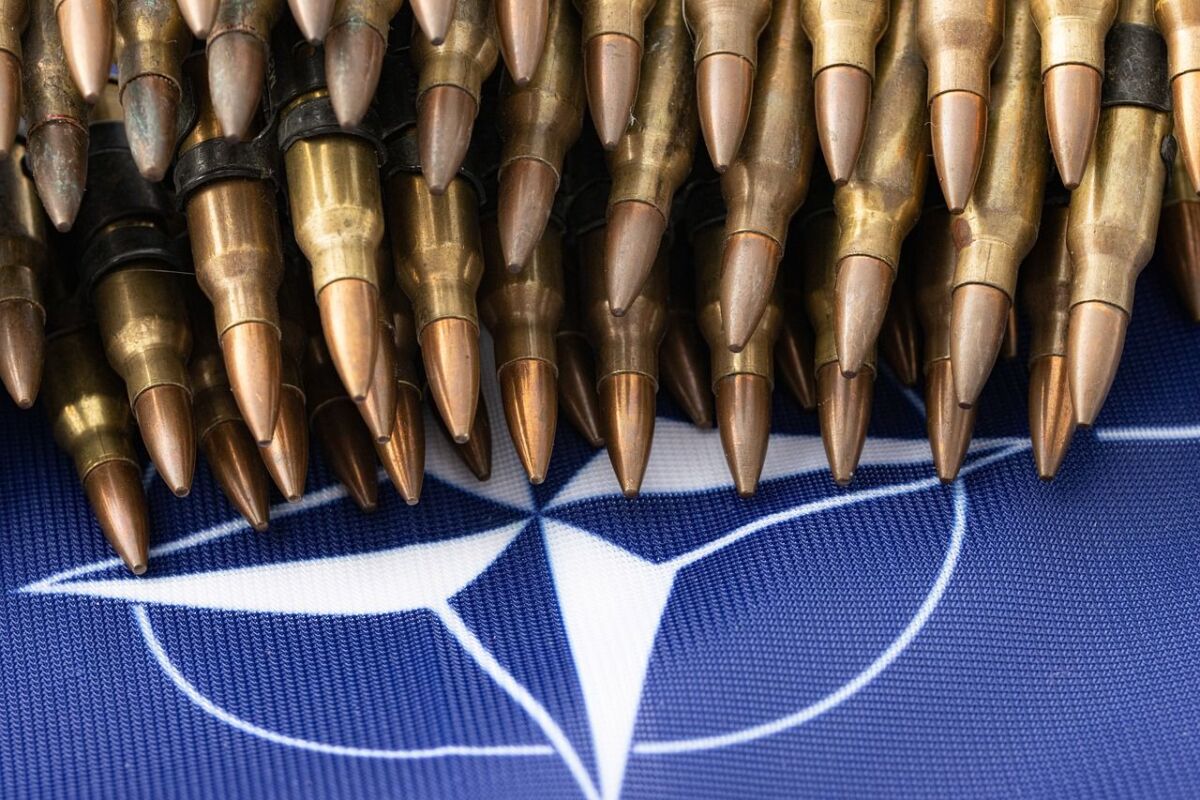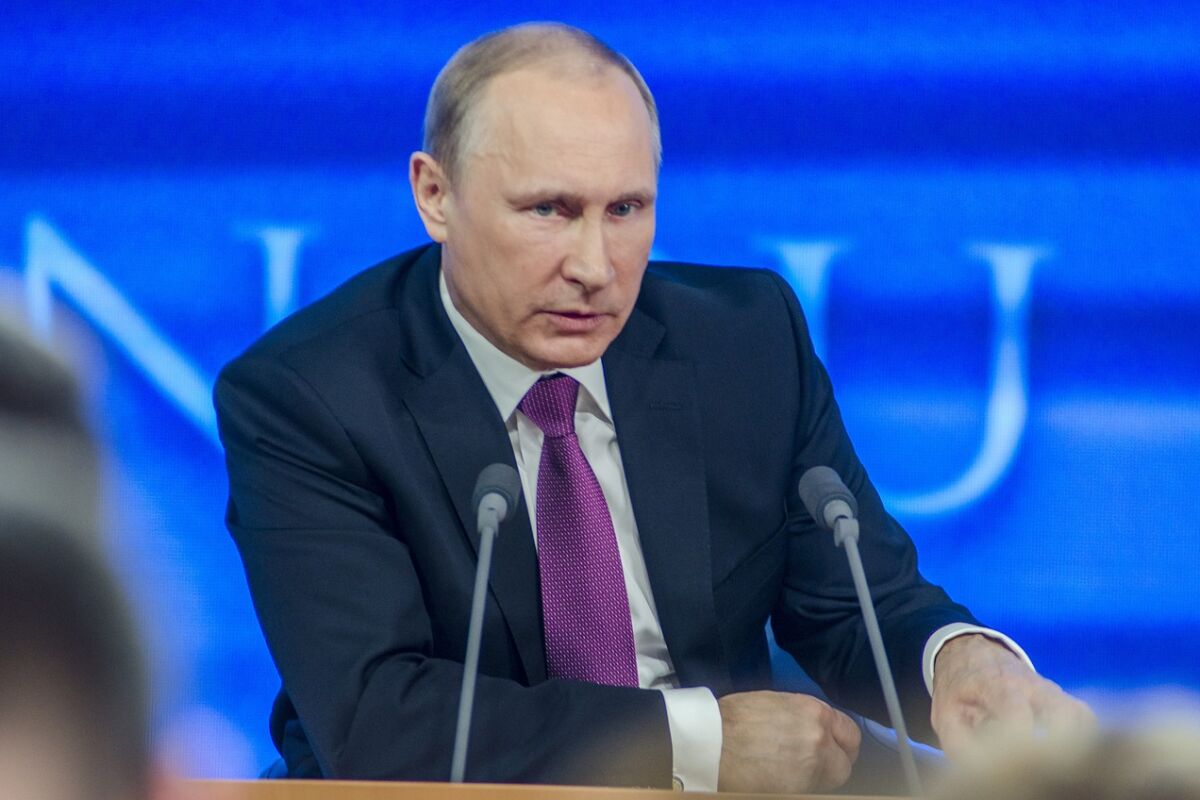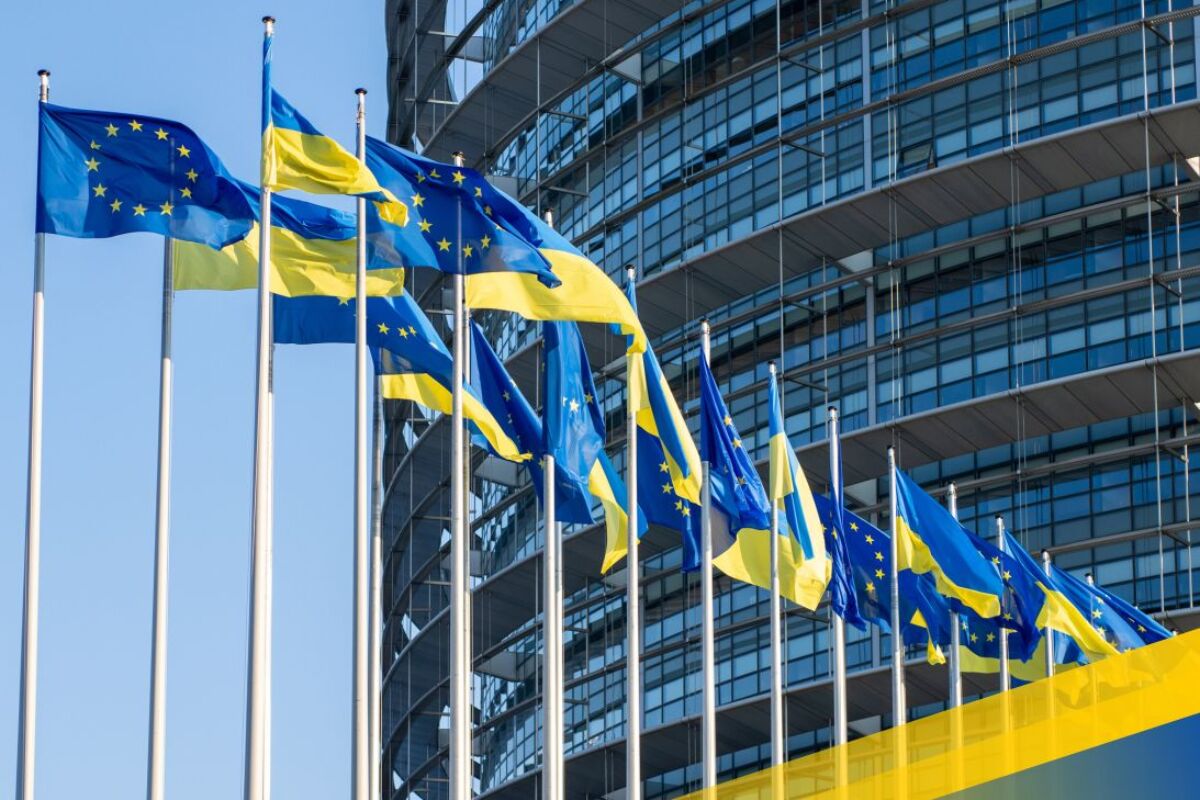In an era where supply chain resilience in the Indo-Pacific is a key EU geopolitical interest, it’s easy to see why Europe should pay attention to the resource-rich, fast-growing G20 economy that is Indonesia. But is the feeling mutual?
‘We don’t really need Europe anymore’, said Indonesian Defence Minister Prabowo Subianto in November 2023, criticising EU trade regulations as well as ‘double standards’ on democracy and human rights. His preferred role models? Japan, South Korea, China and India.
After 200 million Indonesians voted in their general election on 14 February, the same man will become the next president of Southeast Asia’s largest country. If Prabowo’s future Europe policy is anything like his words suggest, then the ball is in our court to prove his government wrong.
In contrast to decades of praiseworthy interregional and multilateral cooperation, EU-Indonesian bilateral relations remain patchy, with achievements overshadowed by quarrels. Yet there is potential for a renewed, broader bilateral partnership. Both the EU and Indonesia are more than just vast markets for each other to tap into.
At stake is the better integration of EU climate and foreign policy, bringing forward the clarity and tailored support partners like Indonesia have been asking for. Such efforts may reward the EU with precious diplomatic capital in the region.
Why the ball really is in our court…
Though Indonesia may need Europe (or at least access to the EU market) more than its leadership is willing to admit, the opposite is also true.
The EU needs a solid partnership with Indonesia. There are plenty of fun metrics to justify this – Indonesia is the world’s third-largest democracy, with the largest Muslim population, the world’s second-longest coastline and the third-biggest rainforest cover. The country is also a key Indo-Pacific partner, from traditional security and maritime disputes to its evolving place in global connectivity and value chains.
European economic security concerns alone could justify such diplomatic efforts. Unfortunately, they’re often what pits the EU and Indonesia against each other, from the recent nickel dispute to accusations of regulatory imperialism over the EU’s Deforestation-Free Regulation (EUDR). Whether EU policymakers think these issues belong solely to trade talks, to climate diplomacy or to both matters very little.
The Brussels effect is essentially perceived as EU foreign policy. If that perception is negative, then it becomes harder to foster trust and promote EU interests, including through Global Gateway engagement.
Besides, Indonesia has plenty of strategic partners to choose from – and not just according to Prabowo. Indonesia was the top recipient of Chinese Belt and Road investments over 10 years, with mixed results… but results nonetheless. Other top investors into Indonesia include Singapore, Australia, Japan and the US. Russian influence in the Indonesian public debate is also more than just anecdotal.
How are we getting Indonesia wrong?
Currently, the dominant narrative around the EU in Indonesia is one of antagonism.
The two issues that shape Indonesian perceptions of the EU are its condemnation of Indonesian oppression in East Timor at the turn of the century, and – you guessed it – the EUDR.
The first caused accusations of double standards vis-à-vis Israel’s conduct towards Palestine. Then successive deforestation laws are interpreted, despite their crucial role, as unilateral offensives, constantly moving the goalposts and threatening Indonesian interests.
This routine opposition seriously hampers the EU’s partnership potential. On paper, Indonesia is a likeminded partner for the EU, broadly sharing similar interests on global issues. Neither trade disputes nor disagreements on human rights make Indonesia a foe. In the Indo-Pacific, Indonesia is not a pawn in the US-China rivalry – whether you want to call it ‘non-alignment’ or ‘hedging’.
Perhaps Indonesia flies under the EU radar even more so because it’s – willingly – not part of the BRICS+ club. Despite also wanting a reformed multilateral order, Indonesia is skipping out on the BRICS for the sake of autonomy. Focusing on economic development, Indonesia would rather work to join the OECD and achieve high-income status by 2045.
What about Team Europe? This approach is working just fine. Member States like Denmark are in the spotlight of the G7’s Just Energy Transition Partnership (JETP) with Indonesia thanks to a well-established bilateral partnership. The EU itself becomes one of many partners, mostly responsible for aggregating funds.
From the G20 to the OECD and the G7’s JETP, from ASEAN to the Indo-Pacific Regional Information Sharing platform, multilateral and interregional cooperation with Indonesia is all set. Yet this cannot replace a strong EU-Indonesian bilateral relationship.
The case for deeper bilateral engagement
So how come the EU hasn’t made a move for deeper engagement? After all, this is a better match than most. Indonesia’s Bhinneka Tunggal Ika and the EU’s In varietate concordia both translate to ‘unity (or united) in diversity’. Hundreds of millions of citizens on both sides are apprehensive about democratic erosion in this crucial global election year. And both want to provide conciliatory alternatives to great power rivalry in the Indo-Pacific.
These meaningful similarities need a more multidimensional EU foreign policy strategy and public diplomacy. Sixteen rounds of bilateral FTA negotiations (to date) are just not the same. While Indonesians perceive the EU as a suitable candidate for geopolitical partnership, mutual understanding is limited by insufficient engagement and exposure.
A deeper, broader bilateral relationship would soften the edges of any dispute without thwarting progress in other areas, from smart cities to disaster resilience, raw materials or the blue economy. What about an EU-Indonesia Digital Partnership focusing on strategic areas such as data protection – which Indonesia scores above the ASEAN average in – and digital rights?
Bilateral trust and converging interests would facilitate climate diplomacy in the run-up to the EUDR’s compliance deadline of 30 December 2024. The creation of a Joint Task Force between Malaysia and Indonesia to coordinate EUDR implementation was an important step forward. Yet months later, Indonesia and 16 other countries still voiced concerns, requesting more EU engagement and denouncing a potentially harmful ‘one-size-fits-all’ approach.
As the election dust settles in Indonesia, the EU could work to present itself as a reliable bilateral partner for the key 21st century transitions – rather than a threat to Indonesian economic development.
This would bring infinitely more credibility to the EU’s commitment to good global governance, in the Asia-Pacific and beyond.
This CEPS Expert Commentary is a part of an ongoing series running throughout 2024 to mark key global elections during a year when around half of the world’s population will be heading to the polls. You can read the other commentaries in the series here.



